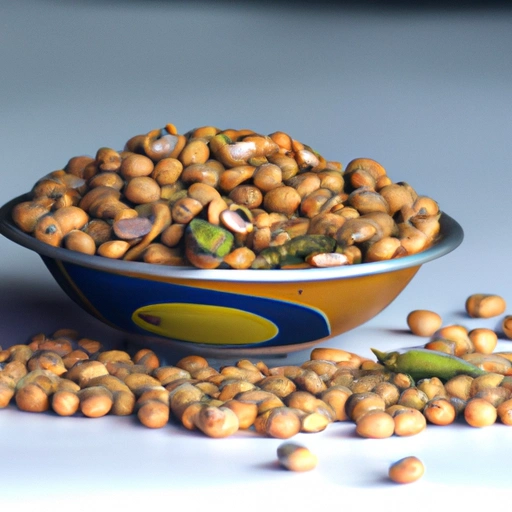Pigeon Pea
Description

Common uses
Pigeon peas are commonly used in soups, stews, and rice dishes. They can be found in whole, split, or dried forms and are often used as a base for curries and dals in South Asian cuisine.
Nutritional value
Calories
Calories: Pigeon peas are relatively low in calories, with 100 grams providing around 343 kcal (1435 kJ).
Protein
Protein: They are an excellent source of plant-based protein, offering about 21 grams per 100-gram serving.
Fat
Fat: Pigeon peas are low in fat, containing less than 2 grams per 100 grams.
Carbohydrates
Carbohydrates: They contain approximately 63 grams of carbohydrates per 100 grams, primarily in the form of dietary fiber and complex carbs.
Vitamins
Vitamins: Pigeon peas are a good source of B vitamins, including B1, B2, B3, B5, B6, and folate.
Minerals
Minerals: They are rich in minerals like phosphorus, potassium, magnesium, iron, and zinc.
Health benefits
Pigeon peas are known for their health benefits, which include aiding digestion due to their fiber content, supporting heart health, and helping manage weight. Their high protein content also makes them a great choice for vegetarians and vegans.
Potential risks
Pigeon peas are generally safe for consumption, but individuals with legume allergies should avoid them. Overconsumption may lead to gastrointestinal issues due to their high fiber content.
Common recipes
Famous dishes include Arroz con Gandules from Puerto Rico, Sambar from South India, and various African stews.
Cooking methods
Pigeon peas can be boiled, steamed, or sautéed. They can also be cooked in a pressure cooker or slow cooker for faster and more tender results.
Pairing with other ingredients
They pair well with rice, grains, and root vegetables, and can be complemented with spices such as cumin, coriander, and turmeric.
Summary
The pigeon pea is a nutritious and adaptable ingredient that can be incorporated into a multitude of dishes around the world. Its rich protein content and ample vitamins and minerals make it an excellent choice for those seeking a healthy diet. With its historical roots in Indian cuisine, it has traversed the globe, becoming a staple in many countries with its multitude of culinary uses.